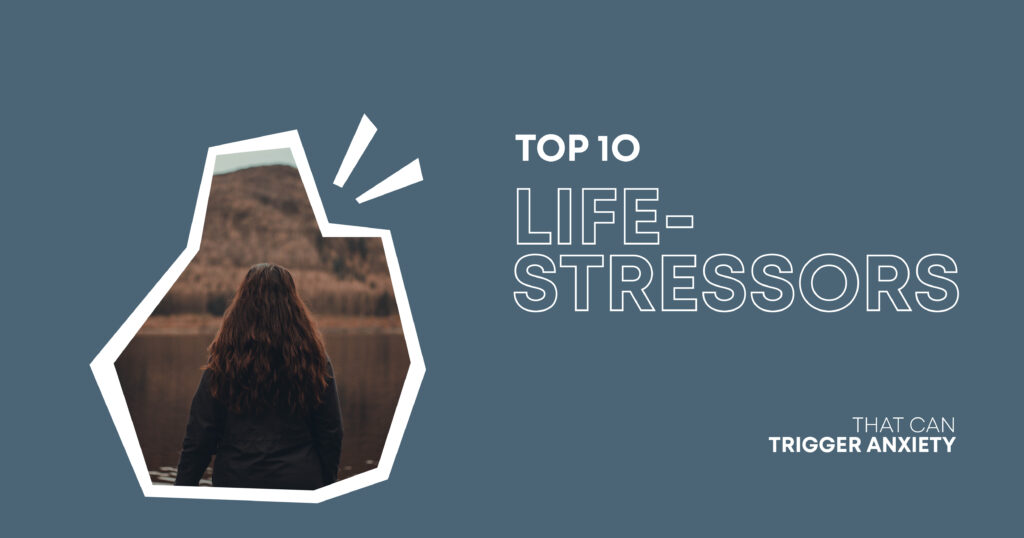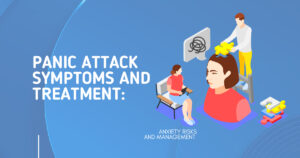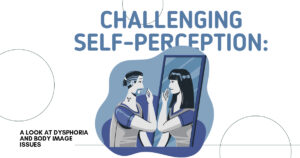In today’s fast-paced world, anxiety disorders are becoming increasingly prevalent. From financial pressures to relationship issues, various life stressors can significantly impact our mental health. Understanding these triggers is crucial for managing anxiety effectively. In this comprehensive guide, we delve into the top 10 life-stressors that can trigger anxiety, offering insights and strategies for coping.
1. Financial Instability: A Breeding Ground for Anxiety
Financial insecurity ranks high among stressors that trigger anxiety. Uncertainty about income, mounting debts, or unexpected expenses can lead to constant worry and fear about the future. Individuals experiencing financial stress often struggle with sleep disturbances, irritability, and feelings of hopelessness.
Mental Health Center of San Diego
2. Relationship Challenges: Navigating Emotional Turbulence
Relationships, whether romantic, familial, or social, can profoundly impact our emotional well-being. Conflict, betrayal, or even the fear of abandonment can trigger anxiety symptoms. The need for validation and fear of rejection can exacerbate these feelings, affecting self-esteem and overall mental health.
3. Work Pressure: Balancing Expectations and Reality
The demands of a competitive work environment can be overwhelming. Tight deadlines, job insecurity, and a heavy workload contribute to chronic stress and anxiety. The pressure to perform consistently at high levels can take a toll on mental health, leading to burnout and emotional exhaustion.
4. Health Concerns: Coping with the Unknown
Dealing with health issues, whether personal or a loved one’s, can be deeply unsettling. Chronic illnesses, unexpected medical emergencies, or the fear of a diagnosis can trigger intense anxiety. The uncertainty surrounding health outcomes and the impact on daily life can exacerbate these feelings, requiring strong coping mechanisms and support systems.
5. Major Life Changes: Embracing the Unknown
Life transitions such as moving to a new city, starting a new job, or experiencing a significant loss can disrupt our sense of stability. The stress of adapting to change, coupled with feelings of uncertainty about the future, can trigger anxiety. Developing resilience and seeking support during transitional periods are crucial for maintaining mental well-being.
6. Social Pressures: Striving for Acceptance
The desire for social acceptance and the fear of judgment can be potent stressors. Peer pressure, societal expectations, or cultural norms may compel individuals to conform, leading to anxiety and feelings of inadequacy. Building self-confidence and cultivating supportive relationships can help mitigate these pressures.
Mental Health Center of San Diego
7. Traumatic Experiences: Lingering Emotional Scars
Past trauma, such as abuse, violence, or natural disasters, can have lasting effects on mental health. Post-traumatic stress disorder (PTSD) often manifests as anxiety, triggered by reminders of the traumatic event or difficulties in processing emotions. Therapy and trauma-focused interventions are essential for healing and recovery.
8. Academic Challenges: Navigating Educational Demands
Students of all ages face academic stressors, including exams, academic performance expectations, and future career prospects. The pressure to excel academically can lead to anxiety disorders, affecting concentration, sleep patterns, and overall well-being. Effective time management, self-care practices, and seeking academic support are vital for managing stress in educational settings.
9. Uncertain Future: Fear of the Unknown
The unpredictability of the future can evoke anxiety about what lies ahead. Concerns about global issues, environmental changes, or socio-economic instability contribute to existential anxiety. Developing mindfulness techniques and focusing on present-moment awareness can help individuals cope with uncertainties about the future.
10. Overwhelm from Digital Media: Information Overload
Constant exposure to news, social media, and digital communication can overwhelm the mind. Information overload, comparison to others’ lives, and the pressure to stay connected contribute to anxiety. Setting boundaries, practicing digital detoxes, and engaging in offline activities are essential for maintaining mental clarity and well-being.
Coping Strategies: Nurturing Mental Resilience
Navigating life stressors requires proactive strategies to safeguard mental health:
- Seeking Support: Engage with trusted friends, family, or mental health professionals.
- Healthy Lifestyle: Prioritize regular exercise, balanced nutrition, and sufficient sleep.
- Mindfulness Practices: Incorporate meditation, deep breathing, or yoga into daily routines.
- Setting Boundaries: Learn to say no and prioritize self-care without guilt.
- Therapeutic Interventions: Consider cognitive-behavioral therapy (CBT) or relaxation techniques.
- Time Management: Organize tasks effectively to reduce overwhelm and increase productivity.
Mental Health Center of San Diego
Conclusion
Awareness of the top 10 life-stressors that can trigger anxiety is the first step toward managing and mitigating their impact on mental health. By recognizing these stressors and implementing effective coping strategies, individuals can nurture resilience, promote well-being, and lead fulfilling lives despite the challenges they may face.
Remember, seeking professional help is crucial if anxiety symptoms persist or significantly interfere with daily life. Taking proactive steps to manage stress and anxiety empowers individuals to regain control and foster a positive mindset.
For more insights on managing anxiety and navigating life’s challenges, explore our resources and reach out to our community for support.









